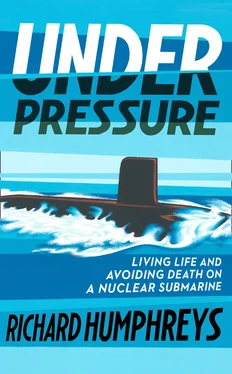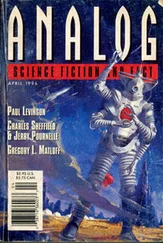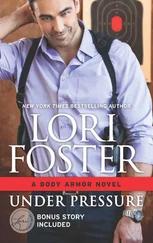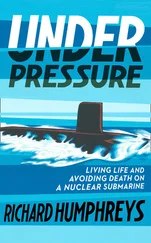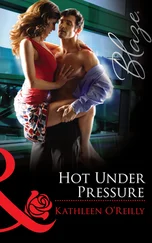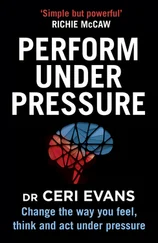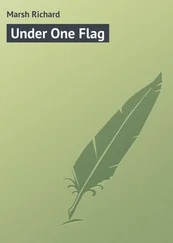Wolverhampton in the 1970s staggered along with rising unemployment and seemed to me to possess an underlying threat of violence. The place was suffering – economic death by a thousand cuts – and by the time the Tories came to power in 1979, hell-bent on changing the social and economic outlook of the once-great industrial heartlands of the Black Country, most of northern Britain was finished; the collapse of the industrial working class and the north–south divide of Thatcherism had well and truly begun.
As a six- and seven-year-old, I’d watch the news of factories shutting, car plants closing, the oil crisis and the first miners’ strikes. Even at that age I was aware that this wasn’t business as usual, but it didn’t give me sleepless nights. I was too busy with my newfound love of sport. Whether it was football, rugby or cricket, it all came fairly easy to me, and I guess that sport was also an enjoyable release from overly zealous, annoying teachers. Football was my obsession; morning, noon and evening I’d be out in our road, in the park, or driving my parents mad, hammering the ball against the garage door. Slightly introverted and on the shy side, I was wary of people until I got to know them, and was not much of a conversationalist. Instead, I lost myself in sport and my other passion – music.
Later on I captained the school football team and played for the area and district teams. Football was my life. Aged 14, I was lucky enough to have trials with my hometown club, Wolverhampton Wanderers. I’d been training in their youth set-up and had been on a couple of tours with them, including a memorable trip down to London where we played the borough of Hackney, coincidentally my home for the past 16 years. We had stones and bricks thrown at us from the touchline, and the match was suddenly called off after 30 minutes.
I didn’t make the grade for Wolves. I remember the coach coming round to my house, sitting me down in front of my mum to break the upsetting news. It hit me hard, the first time I’d failed at something.
But my childhood was happy for the most part, except for losing both my maternal grandparents at the end of the decade, my grandfather dying six months to the day after his wife; married at 18, they’d been together for over half a century before both bowing out at three score years and ten. I was particularly close to my cousin Stephen. Four years older than me, he was cool, played the guitar and was into New Romantic bands, particularly David Sylvian and his group Japan. I didn’t see him as much as I’d have liked, and by the time he reached 18 I’m sure he didn’t want to be seen hanging round with this spotty 14-year-old with braces.
It was the hot summer of 1982 and the World Cup on the telly when the phone rang. Dad answered. It was a friend of my Uncle Brian, telling him that Stephen had been found dead in his car. In shock, we assumed he’d been in a car crash, but in fact he’d had a massive heart attack and a friend had discovered him slumped over the steering wheel with the horn blaring. Dead, and not yet out of his teens. The post-mortem revealed he had an enlarged heart muscle. I was devastated by his death, but of course I had to be as strong as I could for my aunt and uncle. I didn’t know how to process my feelings or communicate my grief, so I just bottled it up and allowed it to fester. It wasn’t really an era for discussing feelings – that wasn’t how things worked – and my whole family suffered in silence.
My parents would let me out of the house for hours at a time. I’d disappear up the local park, playing football, climbing trees, annoying the neighbours, staying out till dark; fish and chips every Saturday lunchtime, going to Woolworths to buy The Jam’s Sound Affects , my first LP – not ‘vinyl’, it was never called that, a modern term used by people who were never there in the first place; playing ‘knock and run’ … slowly I was tapping into a new sense of adventure as my body and confidence grew.
As I became older, this love of adventure – plus Simon Murray’s book, which had provoked my failed attempt to join the Legion – pushed me towards a life away from formal education. When I returned from Marseilles, the Navy looked like the next best option for an unconventional life – and I’d also heard that the Submarine Service paid well. Serving Queen and country never entered into it for me, as I was neither nationalistic nor a particular fan of the monarchy. The only people who ever talked about fighting for Queen and country were – and still are – feckless politicians who’d never done, nor ever would do, any of the fighting. Queen and country? One was outdated as an institution, the other past it as an idea. No, I wanted to do it for me.
Конец ознакомительного фрагмента.
Текст предоставлен ООО «ЛитРес».
Прочитайте эту книгу целиком, купив полную легальную версию на ЛитРес.
Безопасно оплатить книгу можно банковской картой Visa, MasterCard, Maestro, со счета мобильного телефона, с платежного терминала, в салоне МТС или Связной, через PayPal, WebMoney, Яндекс.Деньги, QIWI Кошелек, бонусными картами или другим удобным Вам способом.
